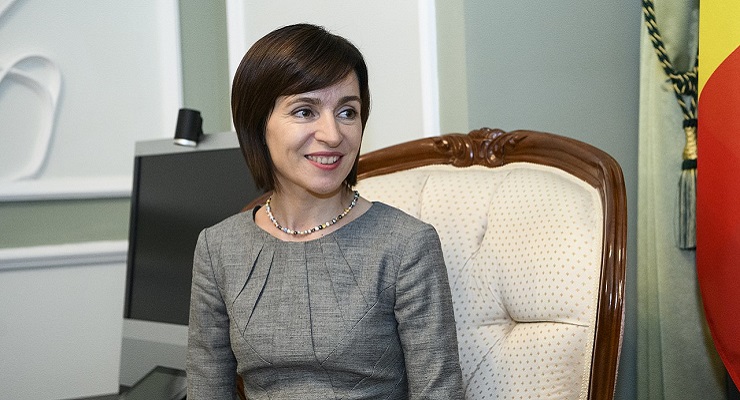
For years Moldova was ruled by unscrupulous politicians. Maia Sandu’s election as President in 2020 and her party’s victory in this year’s parliamentary elections is expected to end the “rule of thieves” in Moldova. This article is published by DemDigest. Here is an excerpt:
The election of Maia Sandu as President of Moldova in 2020 and the victory for the party she founded at this year’s Moldovan parliamentary election provide a window of opportunity in the the fight against what she termed “the rule of thieves,” analysts Dorina Baltag and Isabell Burmester contend. But a parliamentary majority will not be enough. Only by embedding new norms of governance in society can the country’s persistent corruption problem finally be resolved, they write for the LSE’s EUROPP blog:
As previous research shows, Moldova’s democratisation process is destined to be ‘slow’ and ‘dreadful’ for as long as these post-Soviet practices prevail. The only way for Moldova to break from its post-Soviet practices and establish new norms of governance is for these norms to be embedded at the societal level and then transposed into politics. This is because many of the country’s reformers are societal rather than political actors.
Moldova has been described as a case study of kleptocracy. But Sandu’s decisive victory sent “a powerful signal that the country is ready for change,” said Agnieszka Gmys-Wiktor, a senior program officer and regional expert at the National Endowment for Democracy (NED). “While Sandu’s presidential powers are limited, she has the opportunity to reset reforms and amplify efforts to counter corruption,” she added, noting the role of civil society groups such as Watchdog.MD – which works to strengthen resilience against systemic kleptocracy – and Piligrim-Demo in providing Moldovan citizens with objective and nonpartisan information, and countering harmful disinformation narratives.
Read the full article here.
Leave a Reply